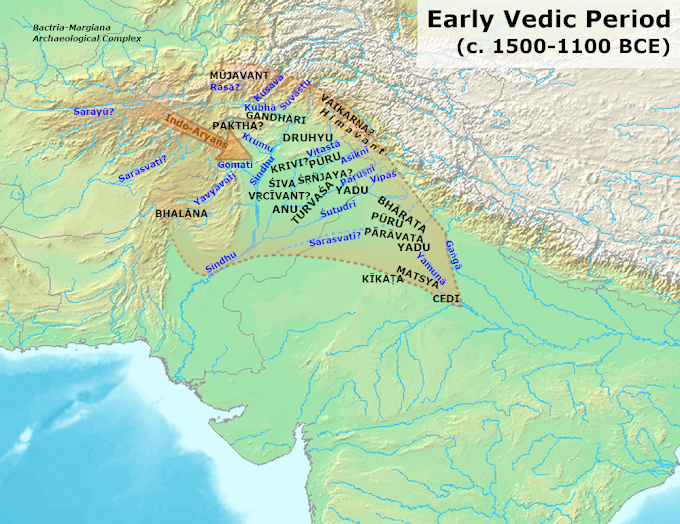Information and communication Technology(ICT):-
ICT is brood and comprehensive term, which comprises information Technology and communication technology. It is defined as a “diverse set of technological tools and resources used to communicate and to create, disseminate store and manage information.” These technology includes computer, internet, wireless network, cell phones, brood casting technologies (radio and Television) and other communication mediums. It is computer-based management of data and ideas. It refers to technologies that provide access to information through telecommunications. It stresses the role of unified communications and the integration of telecommunications (Telephone lines) and wireless signals computers as well as necessary enterprise software, middle ware, storage and audio-visual systems, which enables users to access store, transmit and manipulate information.
1.Access to more information:- One of the biggest advantages is that it gives teachers and students the ability to access all different types of information across the globe. Teachers also have a lot more resources at their fingertips, which can greatly improve their teaching-learning process.
2. Bridge communication gape:- When messages and information are shared digitally, misplaced notes and lost assignment sheets become a thing of the past. School, college, university, institute websites can give students the ability to download assignments and share their work. Email and messaging can also make it easier for students to ask Qustions after hours, instead of heaving to wait until the next day & risk of forgetting questions.
3. Through ICT, parents also get updates and reminders digitally. Parents check their children academic and non-academic performance digitally. Because of ICT, the involvement of parents in children education increased. Parents are more likely to be engaged in the school community.
4. Teachers and learners no longer have to rely soley on printed books and other materials in physical media housed in libraries for their educational needs. With the help of internet and the world wide web, a wealth of learning materials in almost every subject and in a variety of media can now be accessed from anywhere at anytime of the day and by an unlimited number of people. ICTs also facilitate access to resources person, experts, mentors, researchers, professionals and peers all over the world.
5. Modenn developments in ICT provide exciting possibilities to enhance the quality of education in remote area. Interactive education software, applications, open access digital libraries, and cheaper technology may facilitate new forms of interaction between students, teachers, education employee and community and enhance the quality of education by making it more accessible.(online education)
6. Research, once upon a time, students used library card catalogs, encyclopedia and magazines to find information for projects. Today, the internet streamlines academic research through online data base and search engines, allowing students to view the full text of scholarly publications of research studies and even of books right from their computers.
7. Through ICT our student know and check the world level education. How to get admission in foreign country university and fees structure and rank of university also check online.
8. Through ICT the time and money of user also saves. Now-a-days, internet data is very cheaper. Greater Availability(24*7).
9. Through ICT, the new and interesting jobs are also created of you have the ability to teach any subject than you start teaching online. You can show your hidden talent in it.
10. ICT can lead to improved student learning and better teaching model. Through ICT, images can easily be used in teaching and improving the retentive memory of students. Teacher can easily explain complex instructions and are able to oreate interactive classes and make the lessons more enjoyable which could improve student attendance & concentration.







0 Comments